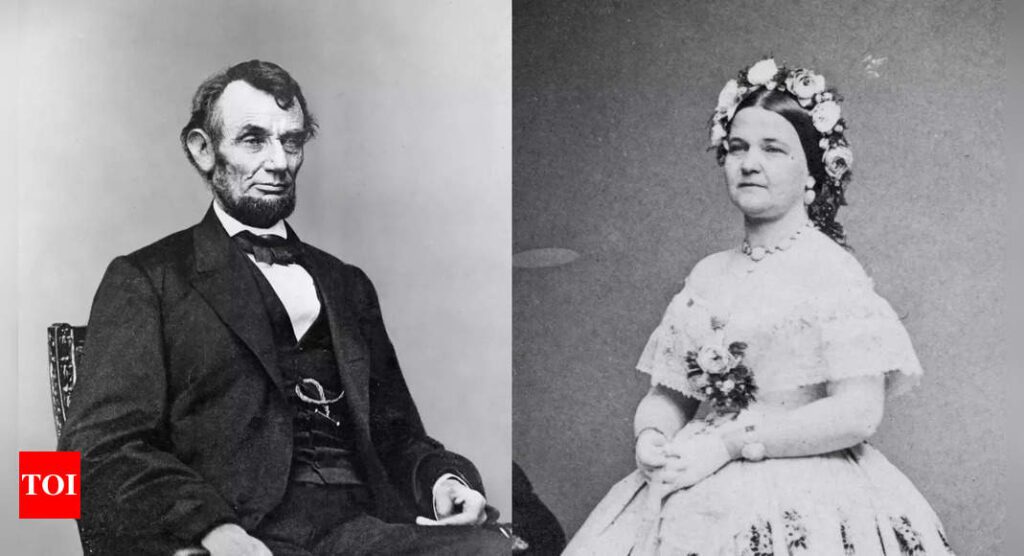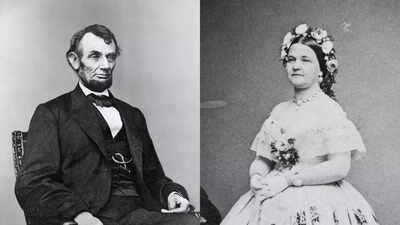February 12th marks the 216th birthday of Abraham Lincoln, the 16th President of the United States, who is often regarded as one of the greatest leaders in American history. His influence persists, as modern politicians frequently evoke his legacy. Lincoln guided the nation through the tumultuous Civil War, upheld the Union, and was pivotal in abolishing slavery.
Beyond his eminent political career, Lincoln had significant relationships with several women throughout his life. Here’s a closer look at the prominent females who impacted his journey.
The Women in Lincoln’s Life:
As noted in Abraham Lincoln’s Classroom, “Lincoln’s relationships with women were tentative and inconsistent, particularly in his youth. Lacking formal social training, he was sometimes awkward in interactions with women.”
Mary Todd Lincoln
Mary Ann Todd was born into a wealthy slave-owning family in Kentucky, although she later opposed slavery. At 19, she relocated to Springfield, Illinois, where she lived with her sister, who was married to a congressman. Mary became popular among Springfield’s elite and was courted by Stephen A. Douglas, a political rival to Lincoln. Ultimately, she married Lincoln in November 1842, at the age of 23.
As First Lady from 1861 until her husband’s assassination in 1865, Mary Todd Lincoln was a staunch supporter of her husband’s political ambitions, bolstering national morale throughout the Civil War. She became known for hosting grand social events in the White House, despite facing criticism for the expense. She was present beside Abraham when he was assassinated at Ford’s Theatre on April 14, 1865.
Other Notable Women:
Ann Rutledge
Though not definitively confirmed, Ann Mayes Rutledge is often regarded as Lincoln’s first love. Hailing from Kentucky, she was the third of ten children. Historians debate the details of their relationship, with some claiming that Lincoln and Rutledge became engaged while another suitor, John McNamar, was away. Tragically, Ann passed away in 1835, and Mary Todd Lincoln would later learn of this earlier love, which brought her sorrow.
Mary Owens
Mary Smith Owens was briefly engaged to Lincoln following Ann Rutledge’s passing. Their relationship soured when Lincoln proposed, but she declined his offer. Mary Owens, daughter of a prosperous plantation owner, was introduced to Lincoln through her sister. Though he initially expressed interest, upon her return to Illinois in the fall of 1836, Lincoln found himself embarrassed after his assessment of her appearance led to his proposal being rejected multiple times. Ultimately, he experienced profound humiliation over what he perceived as failure in his romantic pursuits.
William Herndon, Lincoln’s biographer, later revealed that Owens believed Lincoln lacked the nurturing qualities essential for a woman’s happiness, further highlighting the complexity of his relationships with women throughout his life.



